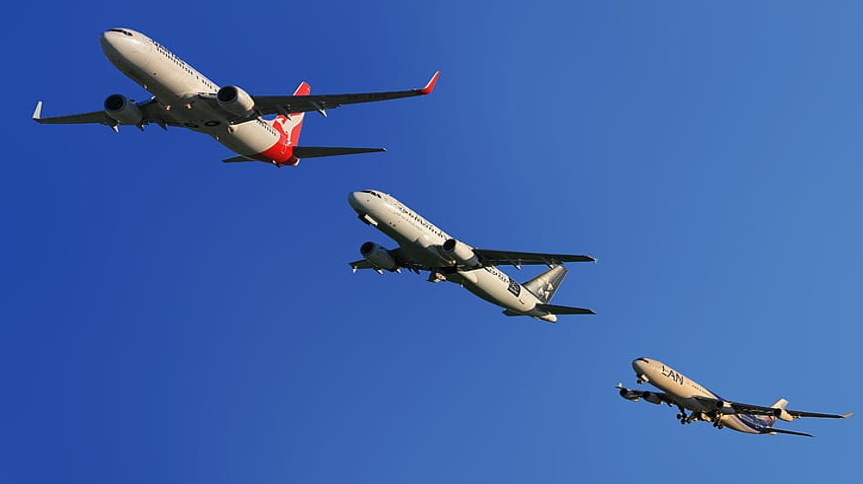July 9, 2025 — A coalition of eight countries—France, Kenya, Barbados, Spain, Somalia, Benin, Sierra Leone, and Antigua & Barbuda—has proposed a new international aviation tax targeting premium air travel. The measure aims to raise funds for climate mitigation, public health, and sustainable development initiatives. However, the proposal has drawn strong concern from the global aviation community.
Aviation Industry Raises Alarm
Airports Council International (ACI) World, representing airports globally, has expressed serious reservations about the tax. While supportive of climate action and sustainable development, ACI World warns that imposing new levies on air travel could undermine aviation’s critical role in global connectivity, economic growth, and international trade.
“The aviation industry should be empowered to contribute toward long-term global progress—not penalised through additional taxation,” said Justin Erbacci, Director General of ACI World.
Economic Risks of Additional Aviation Taxes
ACI World cites long-standing evidence that aviation taxes reduce connectivity and stifle economic output—particularly in regions heavily reliant on air transport for tourism, business, and trade. An ACI study estimates that the economic cost of aviation taxes is twice their revenue, with current global aviation taxes totaling around US$90 billion annually. Redirecting those funds into the sector could generate 5.2 million jobs and add US$180 billion to global GDP, the study found.
Disproportionate Impact on Developing Countries
The proposed tax is expected to disproportionately impact developing economies, many of which depend on affordable air connectivity to drive tourism, attract investment, and facilitate cross-border trade. ACI World cautions that new financial burdens could limit access to air transport and hinder regional development goals.
Furthermore, there are concerns over the transparency and effectiveness of fund allocation, with fears that the revenue might not reach intended climate or development initiatives.
Potential Setback to Decarbonization Goals
The aviation sector has committed to achieving net-zero carbon emissions by 2050, primarily through mechanisms such as the Carbon Offsetting and Reduction Scheme for International Aviation (CORSIA) and the development of Sustainable Aviation Fuels (SAF). ACI World warns that the proposed tax could divert resources away from these industry-led decarbonization programs, hampering environmental progress rather than accelerating it.
Call for Unified Global Action
ACI World, alongside major industry bodies including ICAO, IATA, and ATAG, is urging governments to avoid unilateral taxation measures. Instead, it advocates for global cooperation that aligns environmental goals with aviation’s role in sustainable economic development.
“Fragmented policies risk distorting global competition, weakening environmental initiatives, and reducing aviation’s capacity to support development,” the organization stated.
Conclusion
While the coalition’s proposal reflects a growing urgency to fund climate resilience and sustainable development, ACI World stresses that policy decisions must not compromise aviation’s essential role in global progress. A balanced, cooperative approach is needed—one that mobilizes climate finance without restricting access to air travel or undermining the sector’s environmental goals.
Key Takeaway: ACI World calls for collaborative, non-punitive solutions that reinforce both environmental sustainability and global connectivity, ensuring aviation remains a pillar of economic and social development.


